What will you learn from this article:
- Trending issues facing nonprofits today
- How to live your values
- New approaches to strategic planning
- How to become flexible and adaptable as an organization
Are you doing business today the same way you did in the past and not getting the same results or the growth you expect?
This could be the definition of insanity, but that is another article for another time.
Recently, we were reminded that in the ever-evolving landscape of nonprofit management, staying true to your organization’s values while adapting to changing environments is paramount.
In part, you might have found that traditional strategic planning models have given way to more agile approaches, allowing nonprofits to map multiple potential futures and test strategies incrementally. Let’s delve into these trending issues reshaping the nonprofit sector.
Living Your Values: Beyond Lip Service
Nonprofit organizations are built on principles and values to make a positive impact. However, merely stating values isn’t enough; they must permeate every aspect of operations. From hiring practices to program development and donor relations, living your values involves consistent alignment between words and actions.
Over the past decade, our world has significantly transformed, prompting numerous organizations to vocalize support for various trending secular issues. While some may have articulated their stance opportunistically or strategically, their actions often failed to reflect their beliefs. It’s not necessarily a fault if these organizations operate within their established values. However, the disconnect between words and actions within an organization can undermine its success and negatively impact it.
Embracing transparency and accountability fosters stakeholder trust, reinforcing the organization’s commitment to its mission. Authenticity in communication, acknowledging successes and failures, builds stronger connections with supporters. By embodying their values, nonprofits inspire others to join their cause, creating positive change.
Redefining Strategic Planning: A Flexible Approach
The traditional approach to strategic planning, typically spanning 3-5 years, is becoming obsolete in today’s dynamic environment. Nonprofits are recognizing the need for agility and flexibility to navigate uncertainties effectively. Enter the Plan, Do, Study, Act (PDSA) process, a methodology borrowed from the business world but gaining traction in the nonprofit sector.
Rather than rigidly adhering to long-term goals, organizations embrace shorter planning cycles, typically one year, allowing for course corrections based on real-time feedback. This iterative approach encourages experimentation and innovation, which is essential for addressing complex challenges.
As a former educator in a school district that embraced ingenuity and continuous improvement, Ray Langlois, M. Ed., our Principal Consultant and CEO, is highly familiar with this process, which was very successful in that setting.
Mapping Multiple Futures: Anticipating Change
In an increasingly uncertain world, nonprofits envision multiple potential futures by adopting scenario planning. Organizations can anticipate shifts in their operating environment by identifying key drivers and trends and developing strategies to thrive in the face of change.
Scenario planning enables nonprofits to explore diverse possibilities, from technological advancements to shifts in public policy, preparing them to adapt proactively. By testing strategies in one-year increments, organizations can gauge effectiveness and adjust their approach accordingly, maximizing impact and resilience.
Scenario planning is well-suited to the traditional SWOT analysis (Strengths, Weaknesses, Opportunities, and Threats). If new conditions arise, developing scenarios that address all opportunities and threats can be valuable.
Conclusion: Embracing Change for Greater Impact
As the nonprofit sector evolves, embracing change becomes imperative for organizations committed to making a difference. By living their values authentically and adopting flexible strategic planning approaches, nonprofits can confidently navigate uncertainties.
Moving away from traditional models toward agile methodologies allows organizations to remain responsive to shifting dynamics while staying true to their mission. By continuously iterating and adapting, nonprofits can seize opportunities and overcome challenges, ultimately driving meaningful and lasting change.
In the journey toward a more sustainable and impactful future, nonprofits serve as beacons of hope, inspiring collective action and driving positive transformation in communities worldwide.
How can we assist you?
At Everyone Thrives Consultant Services, we specialize in empowering nonprofits to excel in their mission-driven work. We offer tailored solutions to help organizations:
- Align Values with Action: We will work closely with your team to ensure that your organization’s values are not just words on paper but integral aspects of your operations. We’ll help you embed your values into every facet of your organization through workshops, training sessions, and ongoing support.
- Adopt Flexible Strategic Planning: we can move you from less flexible strategic planning to a more dynamic approach. We will guide you through the transition to agile methodologies like the Plan, Do, Study, Act (PDSA) process. We will map out multiple potential futures, test strategies in one-year increments, and confidently adapt to changing circumstances.
- Maximize Impact: With our strategic guidance and support, you can maximize your organization’s impact in the communities you serve. Whether you need to refine program strategies, enhance stakeholder engagement, or optimize resource allocation, we’ll help you unlock your full potential for positive change.
Ready to thrive in today’s ever-evolving nonprofit landscape? Contact Everyone Thrives Consultant Services today to learn how we can support your organization’s journey toward more significant impact and success.
Stay tuned to our blog for more insights on nonprofit management and strategic planning.
